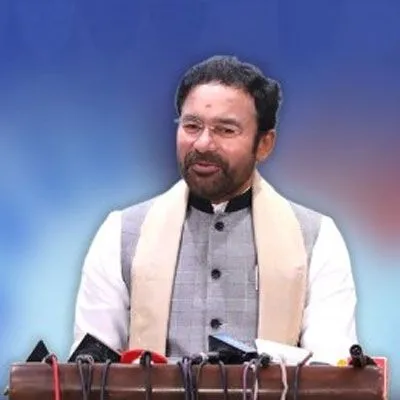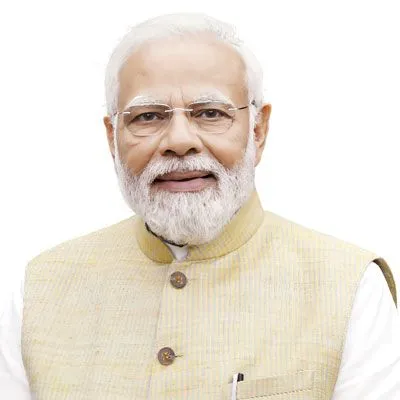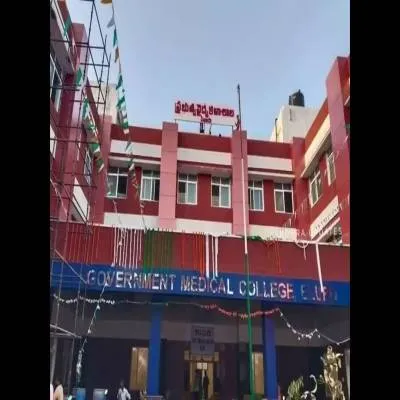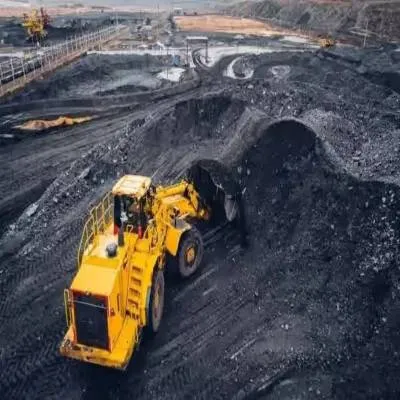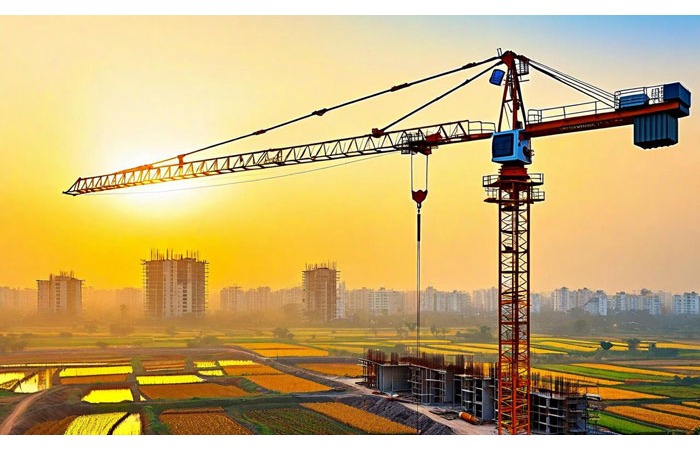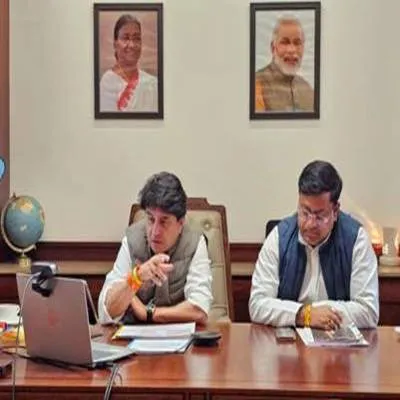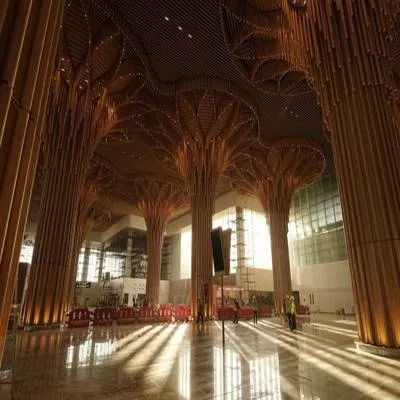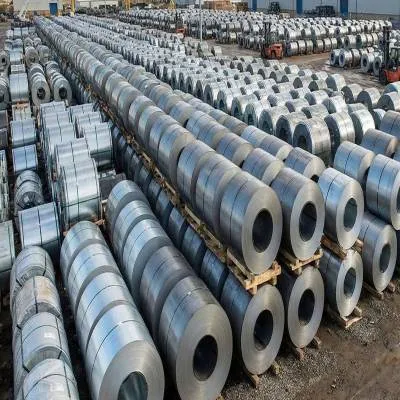Schedule a Call Back
Ministry aims to make e-cooking affordable through aggregation model
 The power ministry has revealed its plans to introduce an aggregation model for electric cooking systems in order to promote its widespread adoption and affordability, aiming to reach as many households as possible by 2030, announced Ajay Tewari, additional secretary of the ministry. To facilitate the adoption of electric cooking, the government may offer subsidies to rural households as needed. The Energy Efficiency Services Ltd (EESL) will be involved in implementing the aggregation model, similar to its successful role in the government's Unnat Jyoti by Affordable LED for All (UJALA) scheme.
The power ministry has revealed its plans to introduce an aggregation model for electric cooking systems in order to promote its widespread adoption and affordability, aiming to reach as many households as possible by 2030, announced Ajay Tewari, additional secretary of the ministry. To facilitate the adoption of electric cooking, the government may offer subsidies to rural households as needed. The Energy Efficiency Services Ltd (EESL) will be involved in implementing the aggregation model, similar to its successful role in the government's Unnat Jyoti by Affordable LED for All (UJALA) scheme."Our objective is to promote e-cooking on a large scale, moving away from fossil fuels towards non-fossil alternatives," stated Tewari. "We are working towards making electric cooking affordable, even in rural areas." Tewari highlighted the importance of promoting models like solar or solar-thermal combined cooking, particularly in rural areas where low-income households may struggle to afford alternative options. During the Consumer-Centric Approaches for E-cooking Transition event, he emphasised the need to transition from clean cooking to e-cooking, building on the success of the Pradhan Mantri Ujjwala Yojana (PMUY) that provided clean cooking fuel, such as LPG, to rural and deprived households.
The development of an affordable model for e-cooking should focus on utilising electricity from renewable energy sources, allowing for carbon credits aggregation to offset some costs. Tewari emphasised the importance of linking e-cooking with solar or other cheaper renewable energy sources. With standardised and affordable models, the power ministry aims to cover all urban areas within 2-3 years. By 2030, they aspire to reach as many households as possible with e-cooking solutions.
Indian Oil has already launched an indoor solar cooking system that operates on both solar and auxiliary energy sources simultaneously. While the initial cost for IOCL's product ranges from Rs 12,000 to Rs 23,000, the company expects significant cost reductions with economies of scale.


Subscribe Now
Subscribe to our Newsletter & Stay updated
RECENT POSTS
Popular Tags
Folliow us

